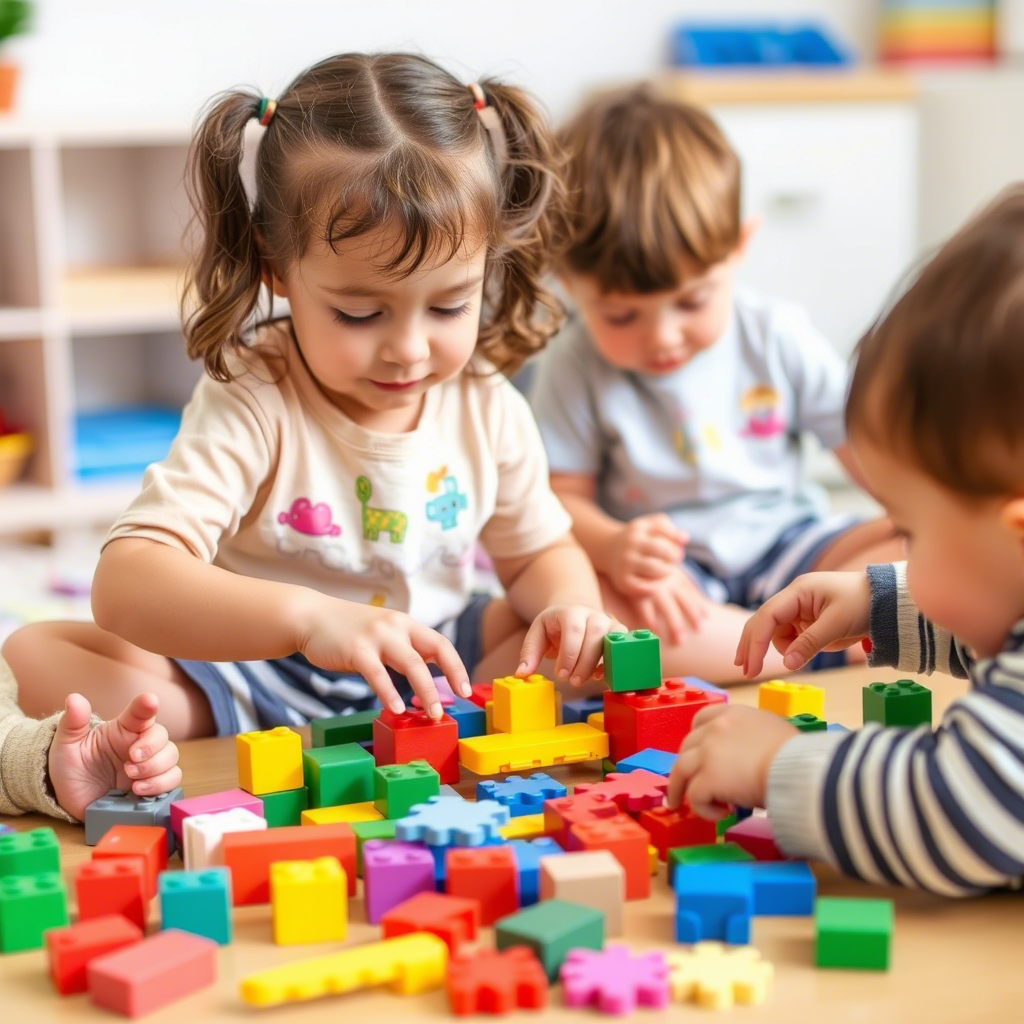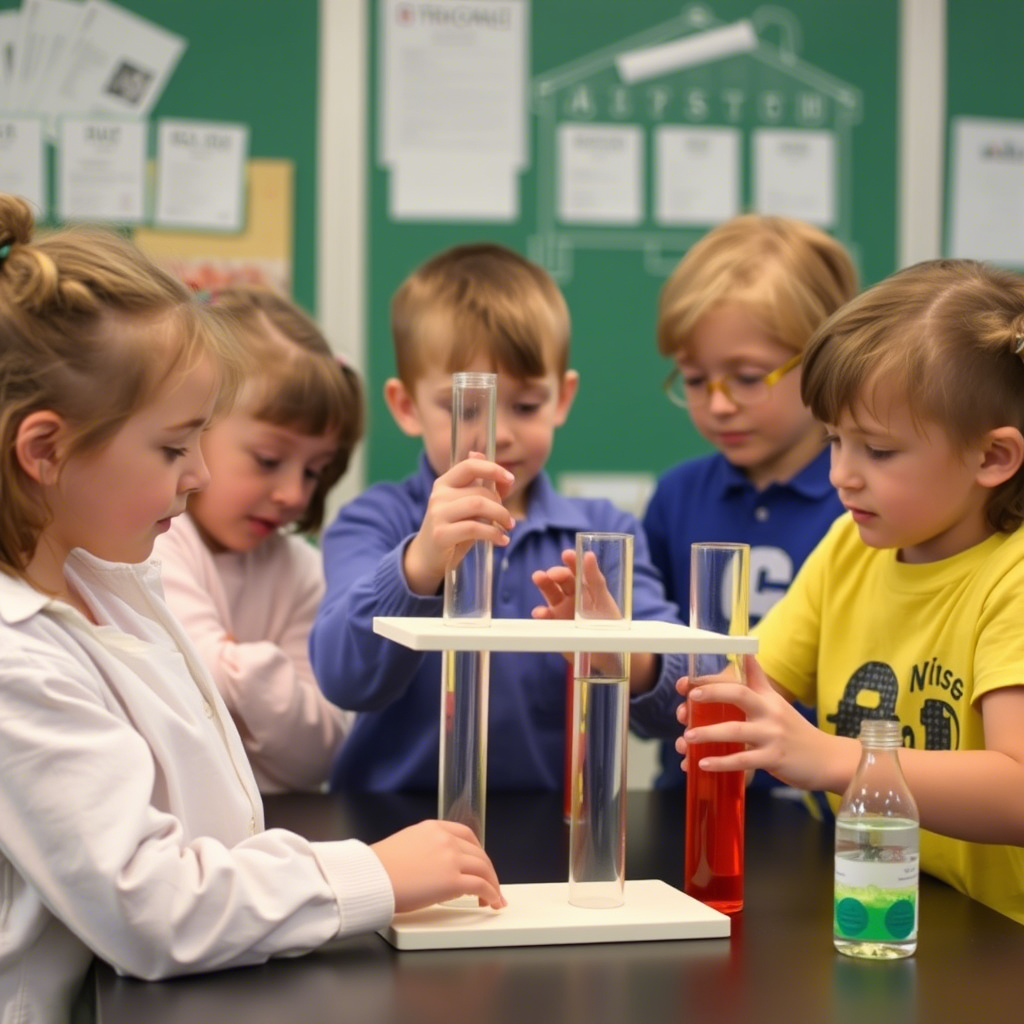Making Learning Fun: Engaging Educational Activities For Preschoolers And Beyond
Learning is a lifelong process that begins from a very young age. Engaging young minds in educational activities is crucial for their cognitive, emotional, and social development. When learning is fun, children are more likely to be motivated, enthusiastic, and develop a positive attitude towards education. This article explores various engaging educational activities suitable for preschoolers and beyond, highlighting their significance and providing practical examples.
The Importance of Engaging Educational Activities
Engaging educational activities are vital for the holistic development of children. They not only impart knowledge but also foster creativity, problem-solving skills, and social interaction. Research has shown that play-based learning, for instance, significantly enhances cognitive development in young children (1). Activities that are both fun and educational can be tailored to different age groups, ensuring that learning remains a enjoyable experience.
 For preschoolers, activities such as playing with colorful blocks and puzzles are not just entertaining but also lay the foundation for future academic success. These activities enhance spatial awareness, fine motor skills, and problem-solving abilities. Parents and educators can encourage such play to support early childhood development.
For preschoolers, activities such as playing with colorful blocks and puzzles are not just entertaining but also lay the foundation for future academic success. These activities enhance spatial awareness, fine motor skills, and problem-solving abilities. Parents and educators can encourage such play to support early childhood development.
Incorporating STEM Education
STEM (Science, Technology, Engineering, and Mathematics) education is becoming increasingly important in today’s technology-driven world. Introducing STEM concepts at a young age can spark curiosity and interest in these fields. Simple science experiments, such as making a volcano erupt or creating a homemade lava lamp, can be both fun and educational.
 Engaging in science experiments helps children develop critical thinking skills, understand cause and effect, and fosters a curiosity-driven approach to learning. For older children, more complex experiments can be designed to teach specific scientific principles.
Engaging in science experiments helps children develop critical thinking skills, understand cause and effect, and fosters a curiosity-driven approach to learning. For older children, more complex experiments can be designed to teach specific scientific principles.
Leveraging Technology for Learning
Technology can be a powerful tool in education when used appropriately. Educational apps and games can make learning fun and interactive. For example, apps that teach coding basics through puzzles and games can introduce children to the world of programming in an engaging way.
 When selecting educational apps, it’s essential to choose ones that are both fun and aligned with learning objectives. Parents can explore various options, such as those available on https://lezonkids.com/boys-coat/, although it’s more about shopping, to find related educational resources or reviews.
When selecting educational apps, it’s essential to choose ones that are both fun and aligned with learning objectives. Parents can explore various options, such as those available on https://lezonkids.com/boys-coat/, although it’s more about shopping, to find related educational resources or reviews.
Encouraging Creativity and Arts
Creativity and arts play a significant role in a child’s development, enhancing their imagination, self-expression, and emotional intelligence. Activities such as painting, drawing, and crafting not only foster creativity but also improve fine motor skills.
For older children, engaging in more complex art projects or even learning a musical instrument can further enhance their creative abilities. Schools and parents can encourage participation in art competitions or musical events to build confidence and showcase talents.
Outdoor Learning Experiences
Outdoor activities are essential for a child’s physical health and can also be educational. Nature walks, gardening, and outdoor games can teach children about science, nature, and the importance of physical activity.
For instance, a simple gardening activity can teach children about photosynthesis, the life cycle of plants, and responsibility. Outdoor educational activities can be made more engaging by incorporating elements of adventure and exploration.
To further explore educational products and resources, consider checking out https://lezonkids.com/, which may offer insights into the latest educational tools and toys.
Conclusion
Making learning fun is crucial for the educational and personal development of children. By incorporating a variety of engaging educational activities into their daily routine, parents and educators can foster a love for learning that lasts a lifetime. From play-based learning and STEM education to leveraging technology and encouraging creativity, there are numerous ways to make education an enjoyable experience. By adopting these approaches, we can ensure that children remain motivated, enthusiastic, and develop a positive attitude towards learning.

Comments